
Why and How Do Cats Purr?. While the exact causes of purring are not yet known, scientists and vets have come to the conclusion that purring is very closely linked with emotion. Cats are able to purr from their second day of life and, while no one knows for certain if it's voluntary or involuntary, cats are known for using their ability to purr for their own benefit and for the benefit of humans.
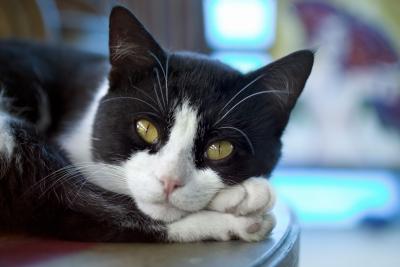
If a cat is feeling emotion, pain or is relaxed, its voice box — the laryngeal muscles — tightens and vibrates when the cat breathes in and out, creating the sound commonly known as purring. Cats purr between 25 and 150 Hertz and because the vibrations occur on both the inhale and exhale, it's a continuous sound that can last hours.
Kittens are blind and deaf when they're born, so they follow the vibrations of the mother's purring to find comfort and food. From their second day of life, cats begin to purr when they're content or relaxed, and purring also acts as a self-soother when the cat is distressed or in pain.
While not scientifically proven, many people believe cats live such long lives because purring lowers the risk of bone and heart conditions. Purring stimulates muscles and bone growth, and cats who aren't overfed stay slim despite being sedentary creatures because purring acts as a gentle full-body workout. Cats can soothe their own pain and mental distress with purring, and cats have been known to purr even when they're dying.
Many people attest to the therapeutic effect of a cat's purring. A cat will sometimes arrange itself across a painful area of a human and purr, allowing the vibrations to reduce pain. The purring caused when stroking a cat is soothing and lowers anxiety, and some hospitals even allow cats as therapy animals. Purring has been known to lower blood pressure in humans.
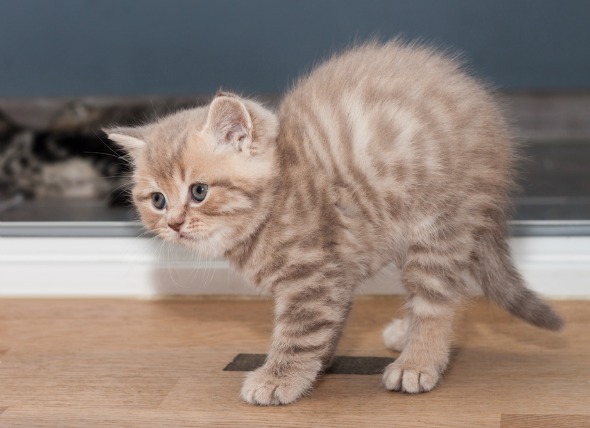 Spinal and Vertebral Birth Defects in Cats
Congenital Spinal and Vertebral Malformations in Cats
&n
Spinal and Vertebral Birth Defects in Cats
Congenital Spinal and Vertebral Malformations in Cats
&n
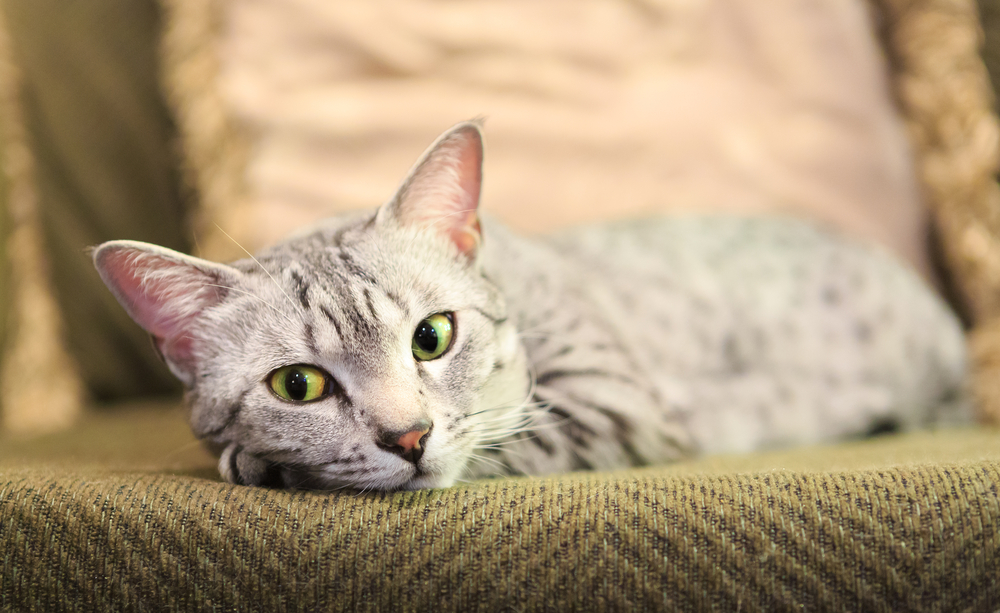 Pneumonia (Bacterial) in Cats
While pneumonia refers to an inflammation of the
Pneumonia (Bacterial) in Cats
While pneumonia refers to an inflammation of the
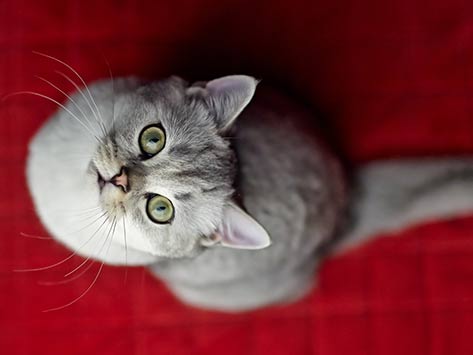 5 Reasons Your Cat is Peeing on the Bed
by Geoff Williams
“Why is my cat peeing on
5 Reasons Your Cat is Peeing on the Bed
by Geoff Williams
“Why is my cat peeing on
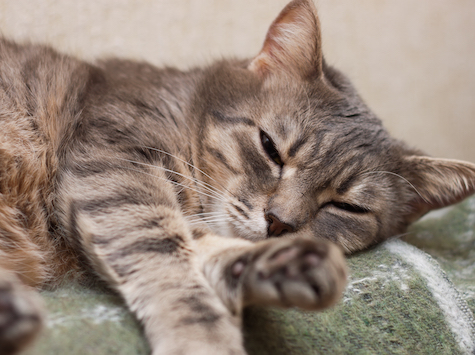 How to Treat Head Pressing in Cats
By Dr. Katy Nelson, DVM
If you’ve no
How to Treat Head Pressing in Cats
By Dr. Katy Nelson, DVM
If you’ve no
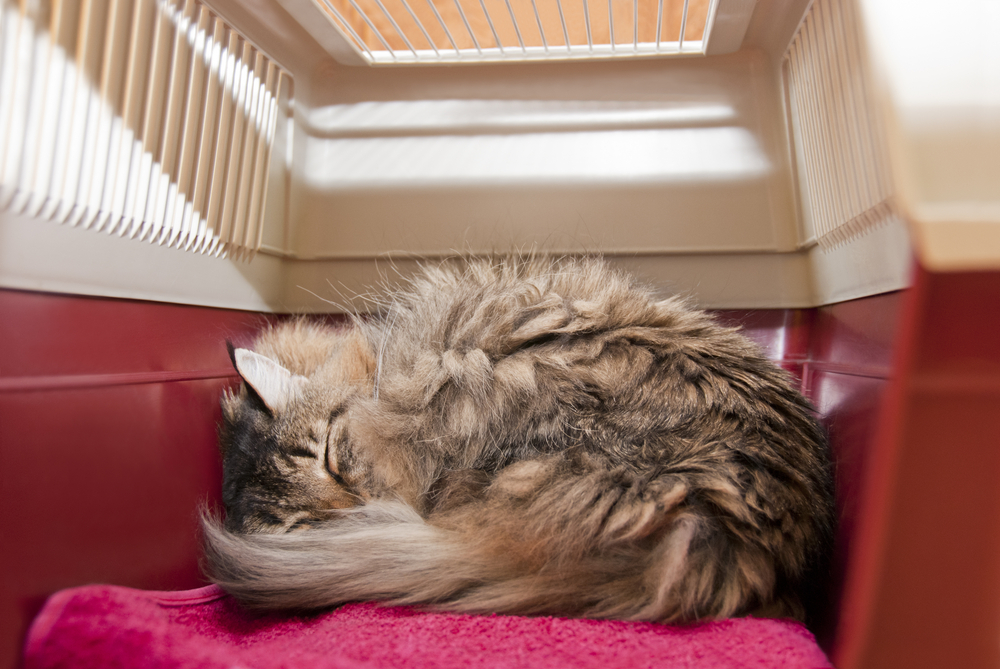 Acne in Cats
Acne in Cats
Cat acne is found almost exclusively on the
Acne in Cats
Acne in Cats
Cat acne is found almost exclusively on the
Copyright © 2005-2016 Pet Information All Rights Reserved
Contact us: www162date@outlook.com